Fish scientists at Auburn University have recently refined a gene...
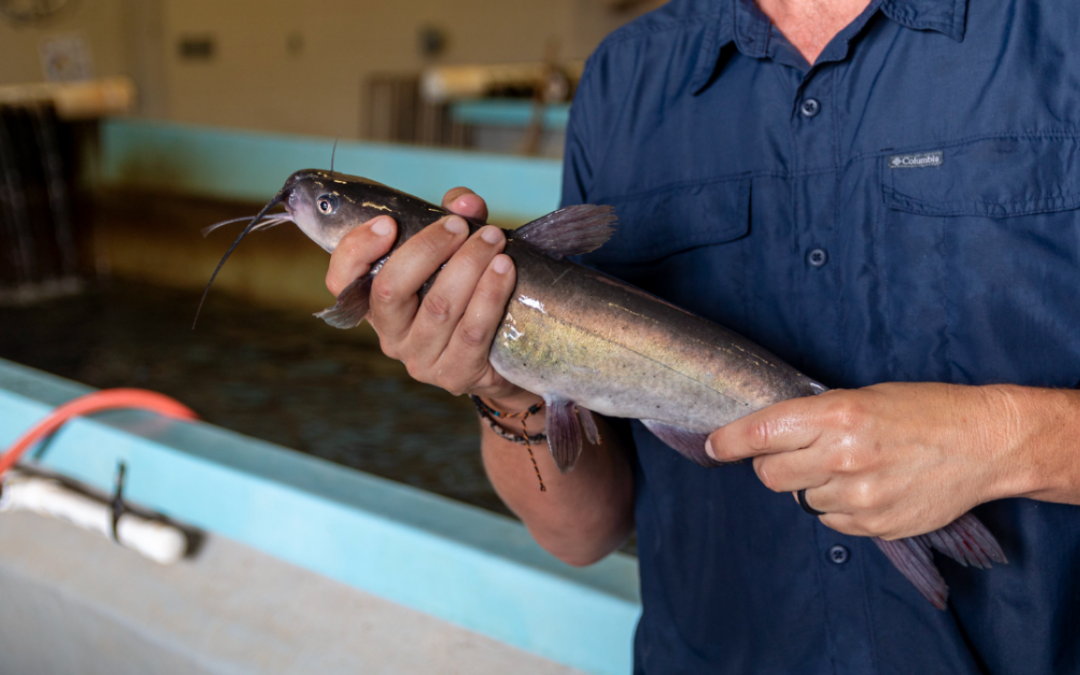

Fish scientists at Auburn University have recently refined a gene...
Leanne Dillard has always loved puzzles, and her work as an associate professor and an Alabama Cooperative Extension System specialist is like one big puzzle. Dillard is the recipient of the 2025 Auburn University Award for Excellence in Faculty Outreach. Presented by...
For more than a century, faculty in the Department of Entomology and Plant Pathology have been studying and managing plant diseases. Researchers within the Alabama Agricultural Experiment Station have a united goal to address the major issues facing the world’s...
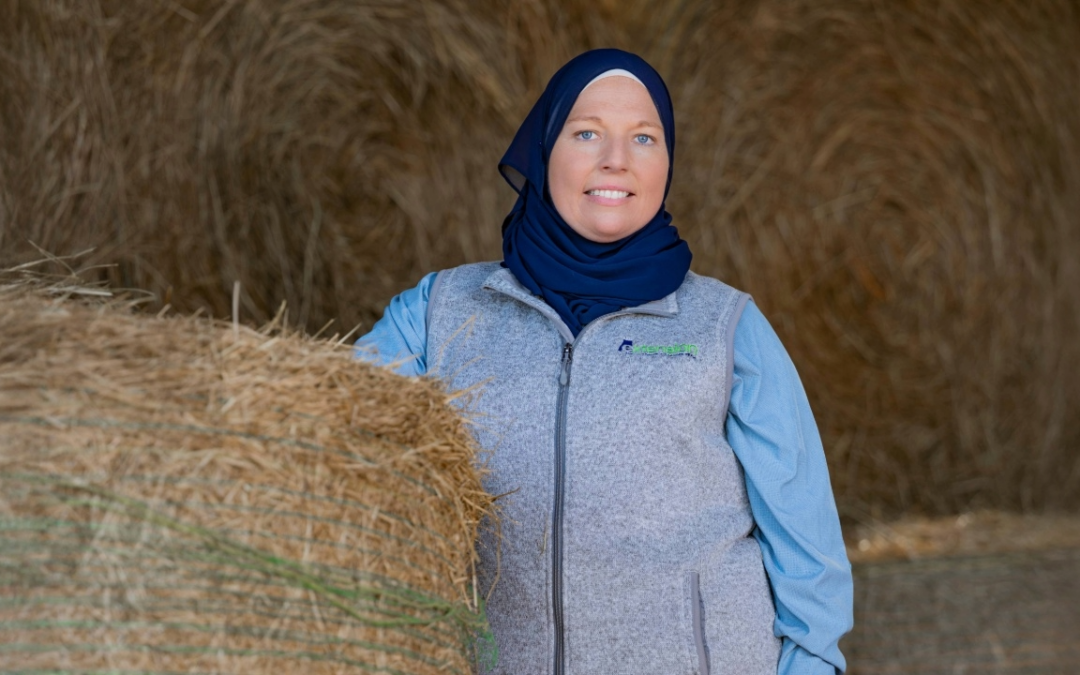
Leanne Dillard has always loved puzzles, and her work as an associate professor and an Alabama Cooperative Extension System specialist is like one big puzzle.
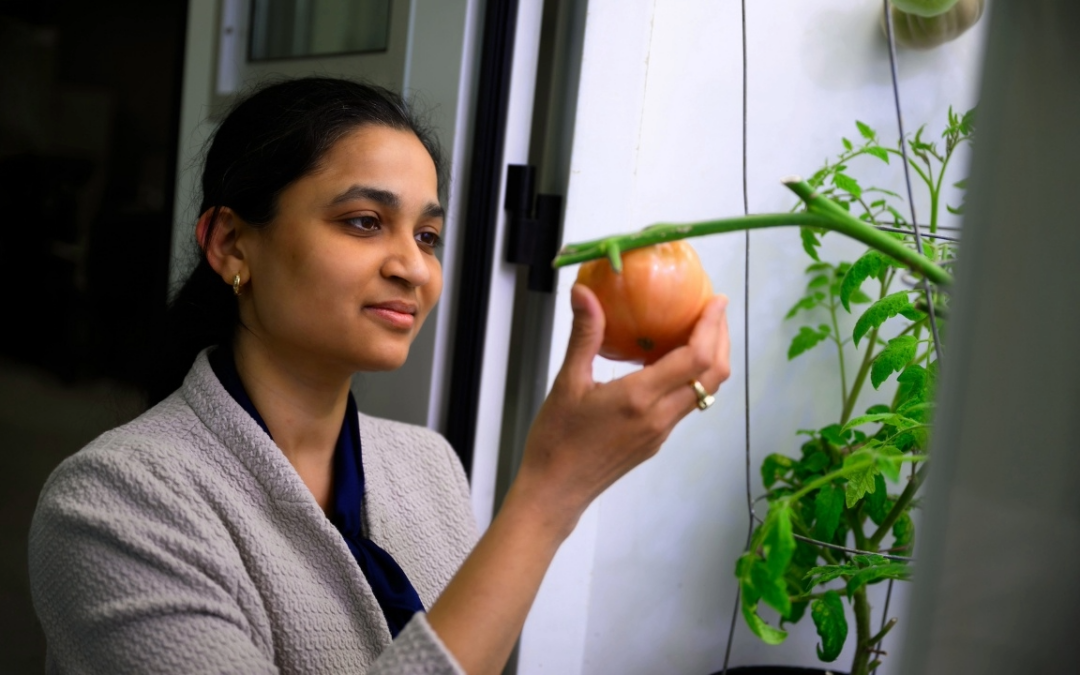
Winning the war against stealthy pathogens
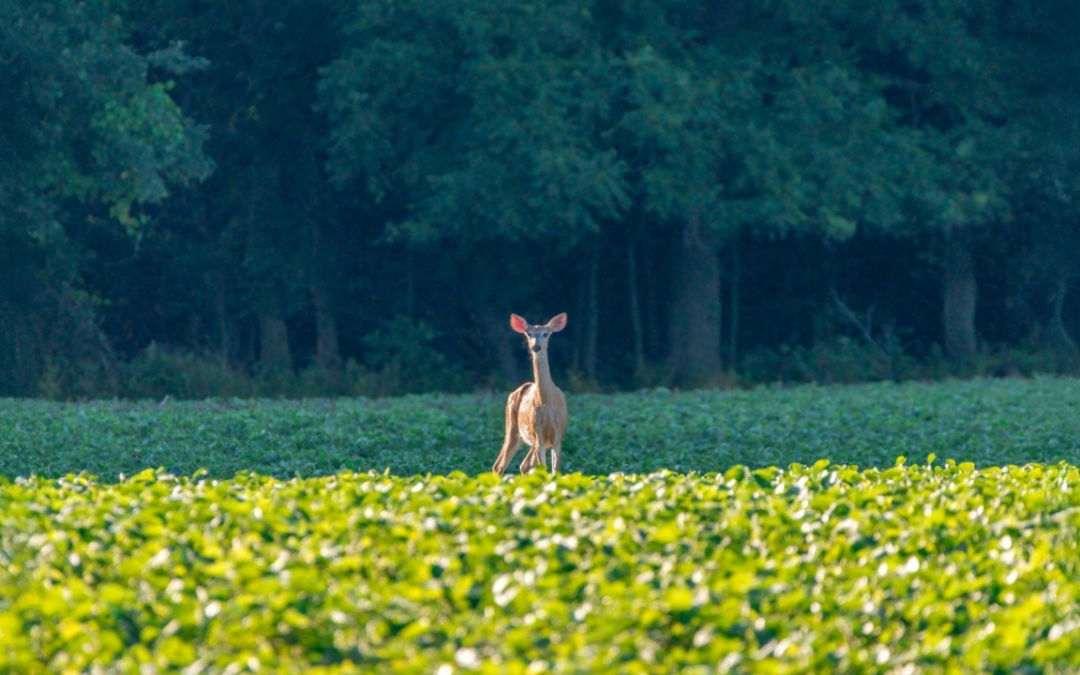
From seed selection to pesticide application, farmers work diligently to manage every factor that influences yield—but wildlife damage in row crops remains one of the...

Two College of Agriculture faculty members were announced among Auburn University’s five 2024 Alumni Professors Sept. 20. Eve Brantley, a professor and associate director of the Alabama Cooperative Extension System, is a renowned expert in water quality and...
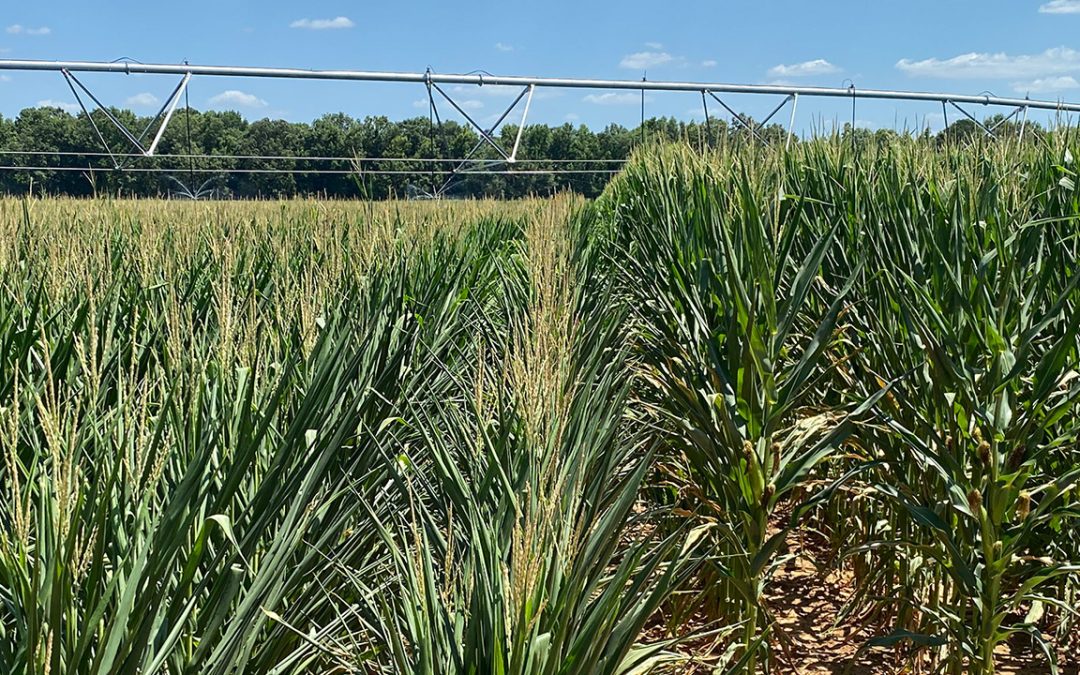
The line from the classic musical “Oklahoma” that refers to corn being “as high as an elephant’s eye” would not apply to some of the new hybrids becoming available to producers. Reduced-stature corn, also referred to as “short” corn, is a concept that has gained...
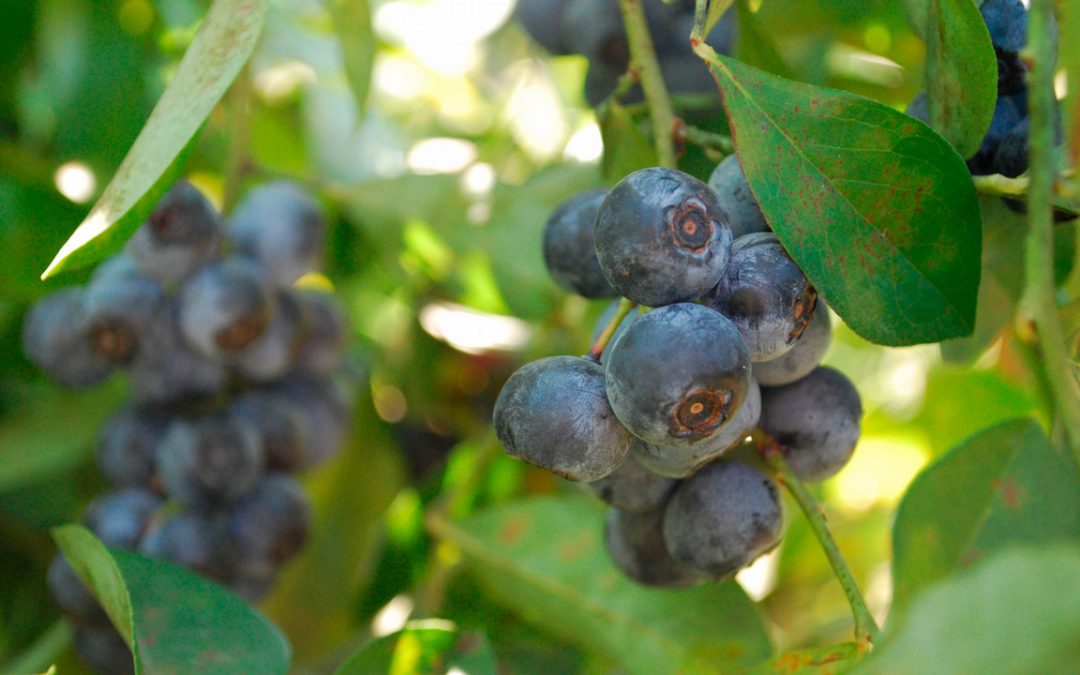
Alabama blueberry farmers could soon start growing more frost-tolerant cultivars thanks to recent research at Auburn University. Most Alabama growers are still heavily relying on the native species rabbiteye (Vaccinium virgatum Ait), while producers in neighboring...

Several faculty and students in the College of Agriculture at Auburn University recently received national awards and recognitions. Read some highlights below. Beckmann receives NSF Career Award John Beckmann, assistant professor of medical-veterinary entomology and...
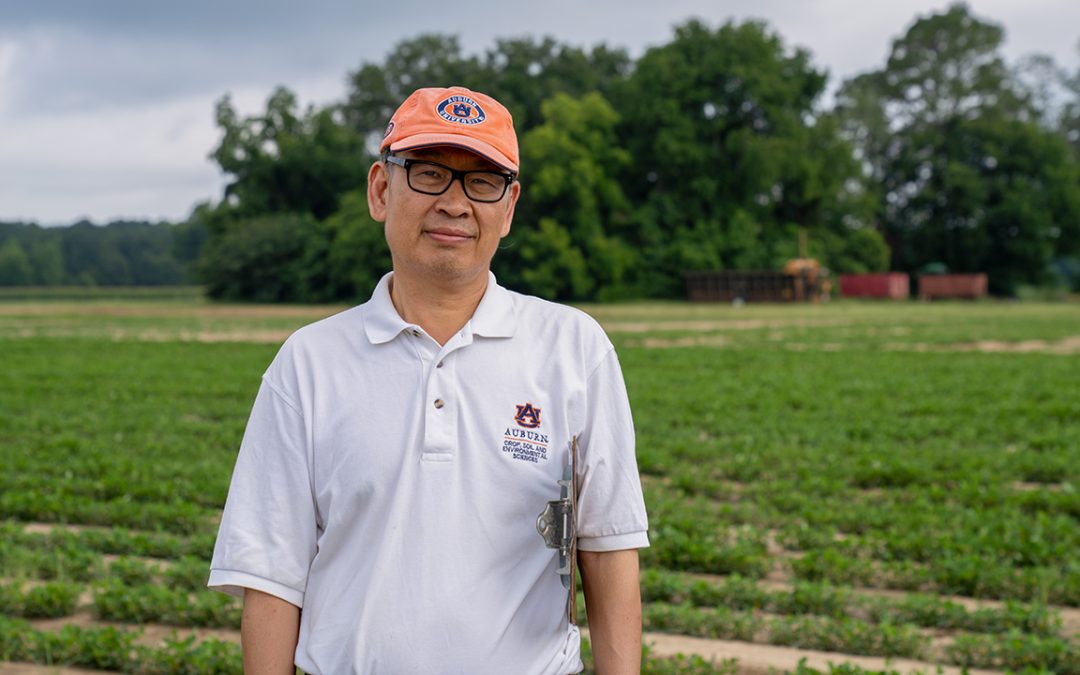
The Auburn University peanut breeding program has made significant strides in a surprisingly short amount of time, with one of its varietal releases now commanding 40-50% of the peanut acreage in Alabama.

John Beckmann, assistant professor of medical-veterinary entomology and biotechnology in the Auburn University College of Agriculture, recently received a National Science Foundation CAREER Award. Presented by the NSF Faculty Early Career Development Program, the...
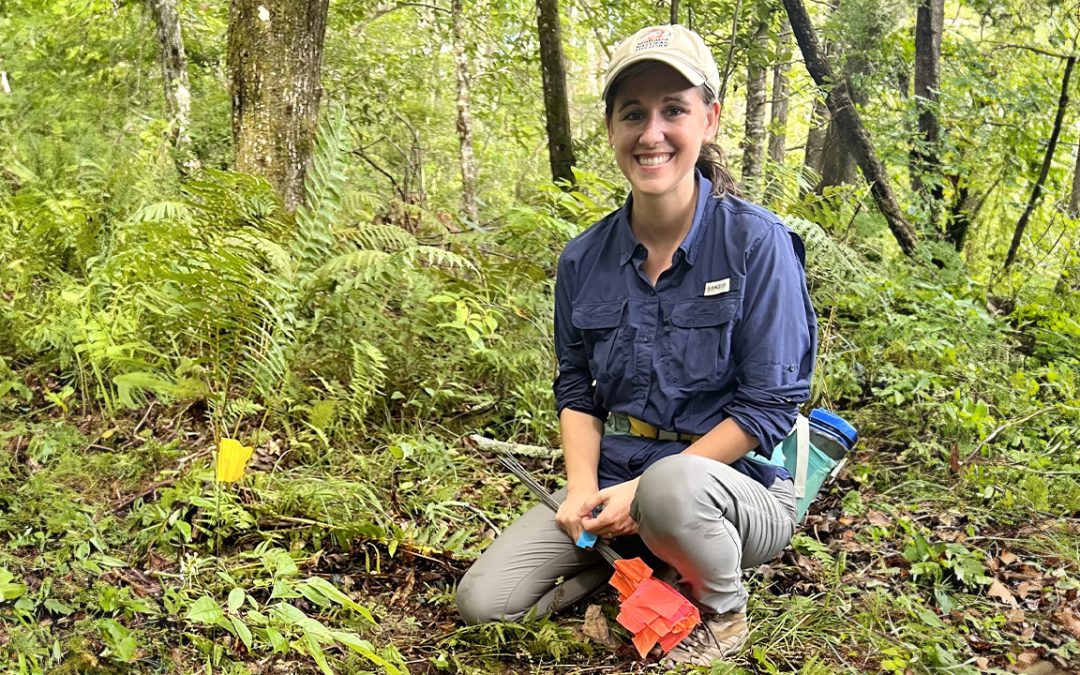
Auburn University’s Kelly Homan and Katelyn Lawson have joined forces to assist the state of Alabama in the creation of its 2025 State Wildlife Action Plan (SWAP) revision.
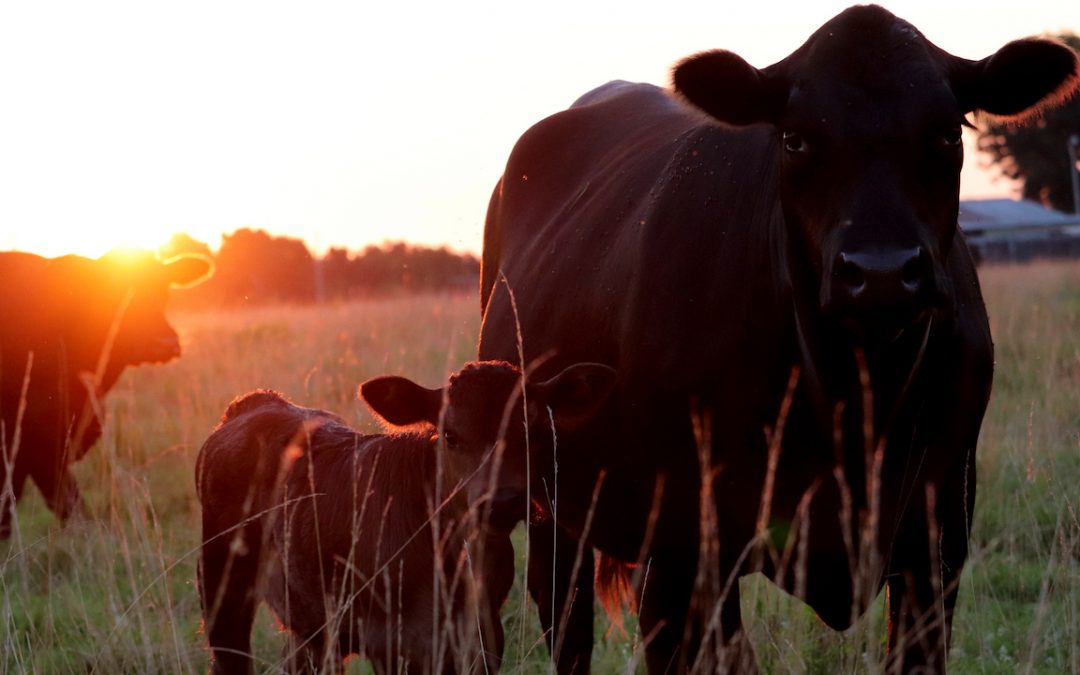
Program made possible by $246,000 USDA-NIFA grant A College of Agriculture program for future leaders in the beef industry is entering its final academic year and taking stock of its impact. The highly selective National Needs Fellowship (NNF) prepared a dozen future...
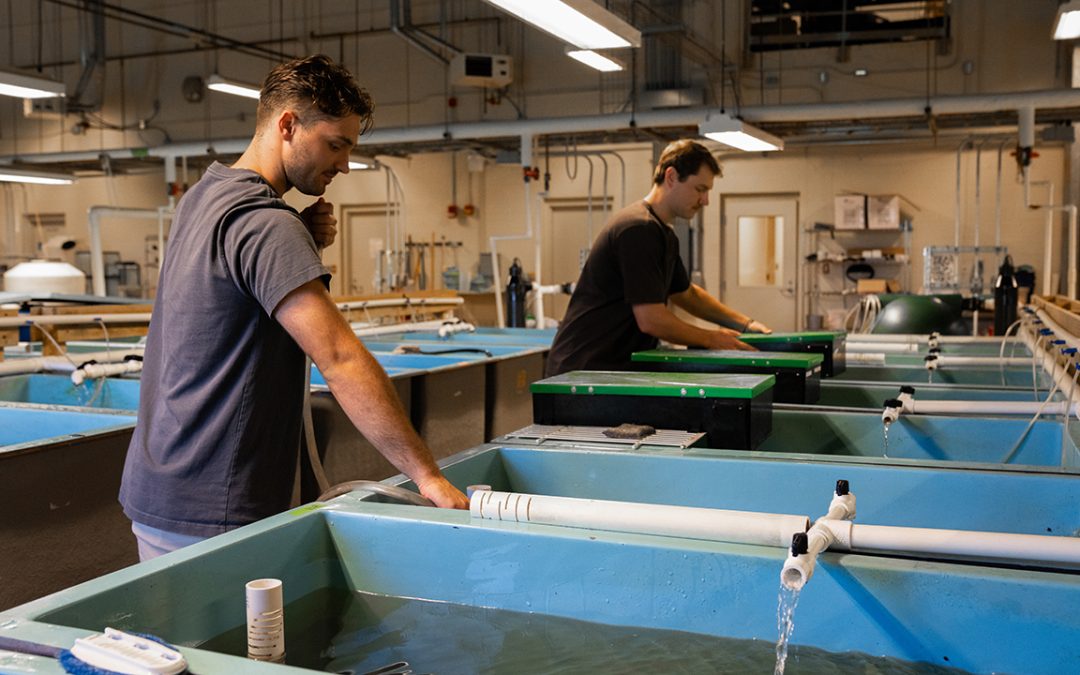
Vaccine development made possible by $300,000 USDA-NIFA grant Largemouth bass producers may soon have a new vaccine for a common pathogen affecting the unusually death-prone fish species. Auburn University researchers are working to lower the fish’s near 80% mortality...

Jeremy Henderson Auburn University's Department of Biosystems Engineering (BSEN) was hard to miss at the 2024 American Society of Agricultural and Biological Engineers (ASABE) Annual International Meeting recently held in Anaheim, California. And hard to beat. Auburn...
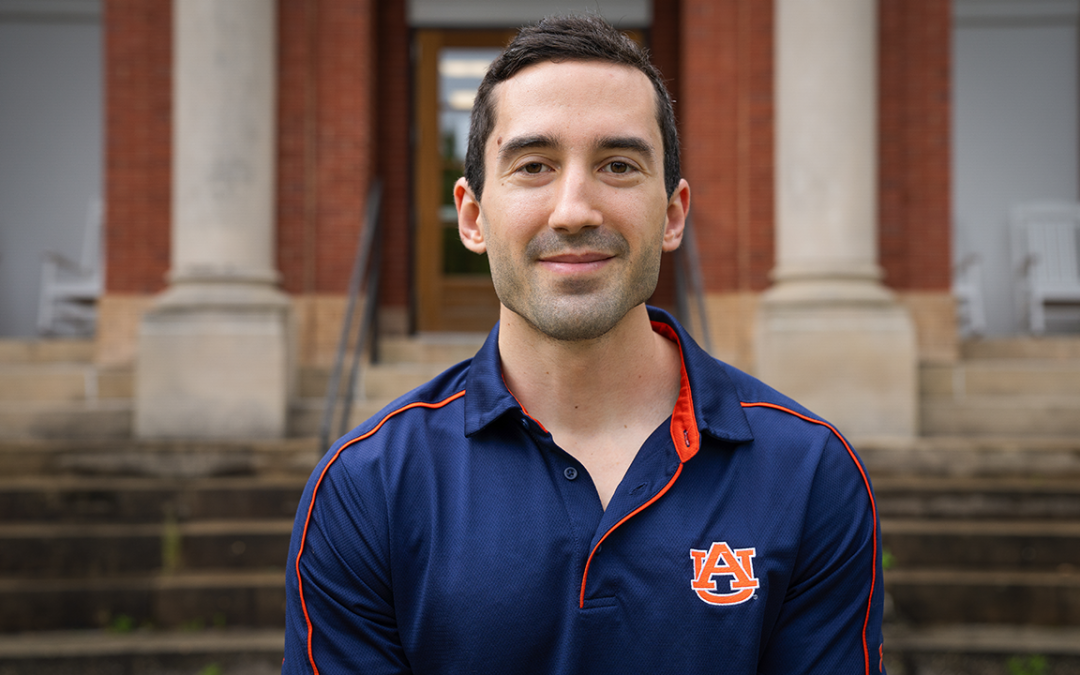
As John Mahas prepared for a move to start postdoctoral research at Cornell University, he was still wrapping up research in the Auburn University lab where he earned his master’s and doctorate. It was here he focused his work on managing the emerging cotton leafroll dwarf virus (CLRDV) and its vector, the cotton aphid, Aphis gossypii. This research led to the publication of two peer-reviewed papers, one of which marked a first in the Southeastern United States.
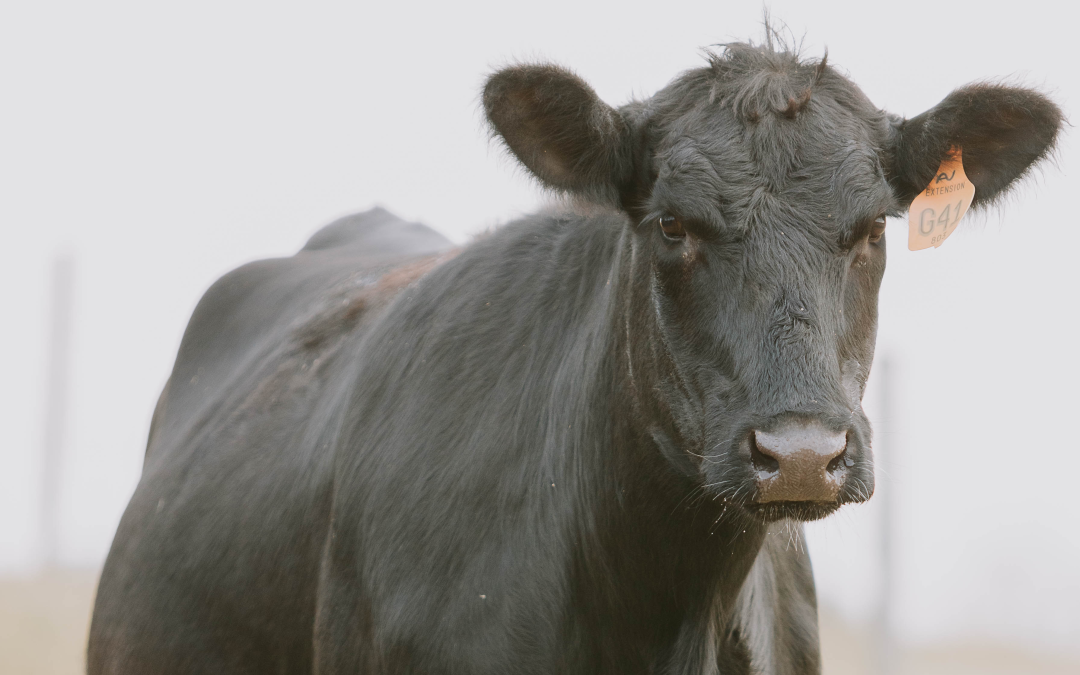
Beef cattle producers across the state will gain valuable insight on how to overcome bottom-line sustainability challenges in the cattle business during the Auburn University Department of Animal Sciences’ 2024 Beef Cattle Conference, October 3-4. The conference...

Many farmers are raising a blue catfish and channel catfish hybrid, which makes up half of all catfish harvested in the U.S., so the problems surrounding their rapid growth are widespread. Both small- and large-scale farmers aim to harvest fish that are “market size,” between one and a quarter and four pounds. […]

Two soon-to-be alumni of the Auburn University College of Agriculture’s Department of Agricultural Economics & Rural Sociology received the highest honors the college can bestow upon graduates ahead of commencement ceremonies on Saturday, Aug. 3. Angela Touchette...
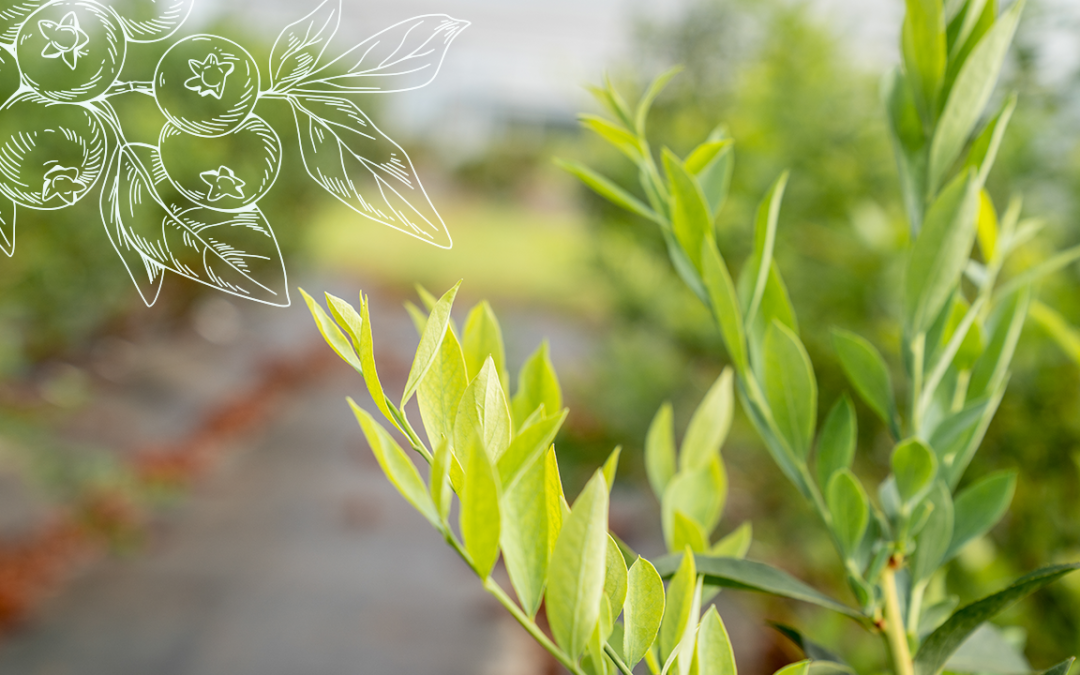
Blueberries, a superfood rich in antioxidants, vitamins, and essential nutrients, are widely celebrated during July for National Blueberry Month. Recognizing the potential within these small yet mighty fruits, researchers at Auburn University work to promote the positive health benefits of blueberries.
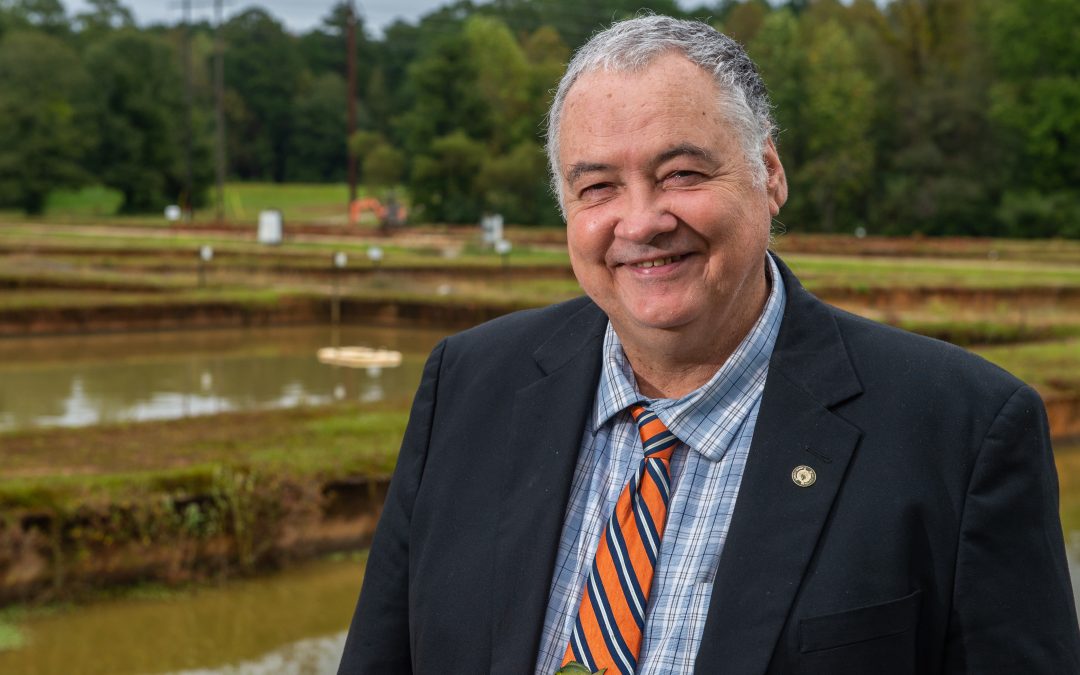
USDA-NIFA recently awarded a $650,000 grant to Rex Dunham to genetically improve the overall genotype and phenotype of both channel catfish and a hybrid between channel catfish females and blue catfish males. Dunham is a professor in the School of Fisheries,...
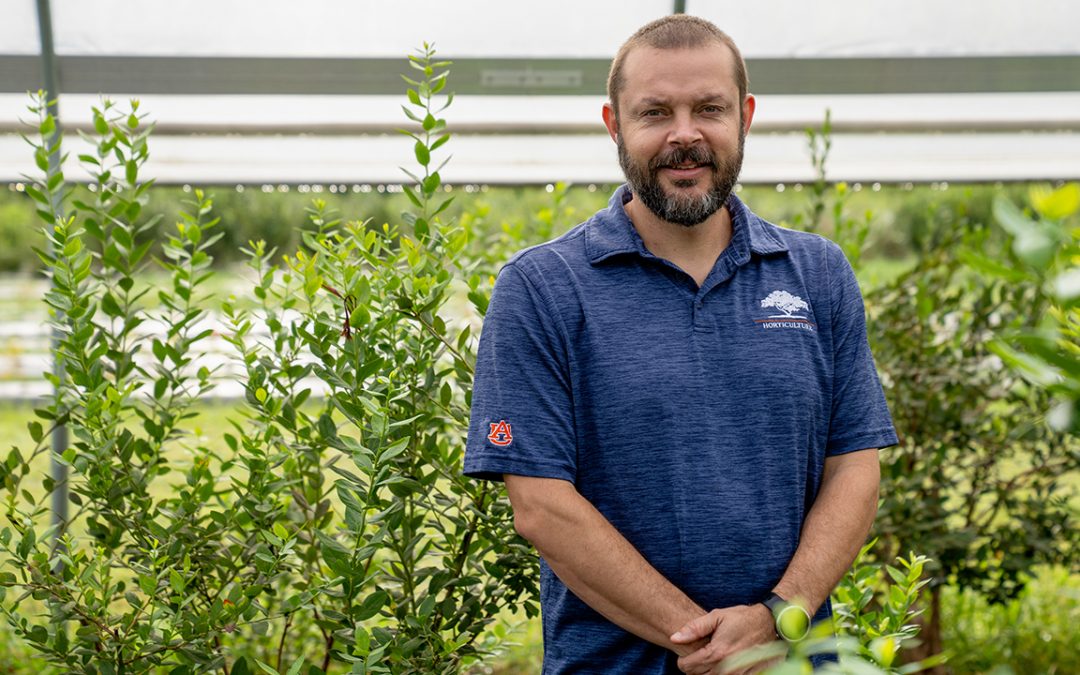
As the U.S. celebrates National Blueberry Month in July, researchers in the Auburn College of Agriculture and the Alabama Agricultural Experiment Station are looking for ways to boost blueberry production in the state by introducing more profitable cultivars for both field and protected cultivation.
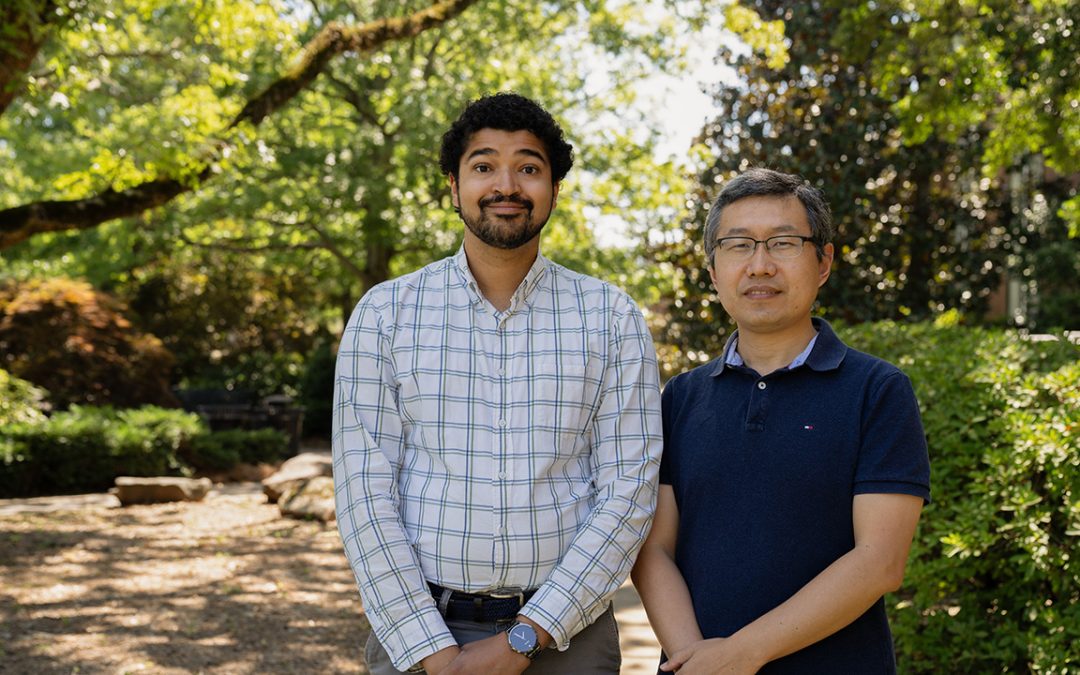
Researchers at Auburn University aim to reduce U.S. greenhouse gas emissions due to agriculture by modifying one of the world’s largest voluntary conservation programs: the USDA’s 25-million-acre Conservation Reserve Program (CRP).
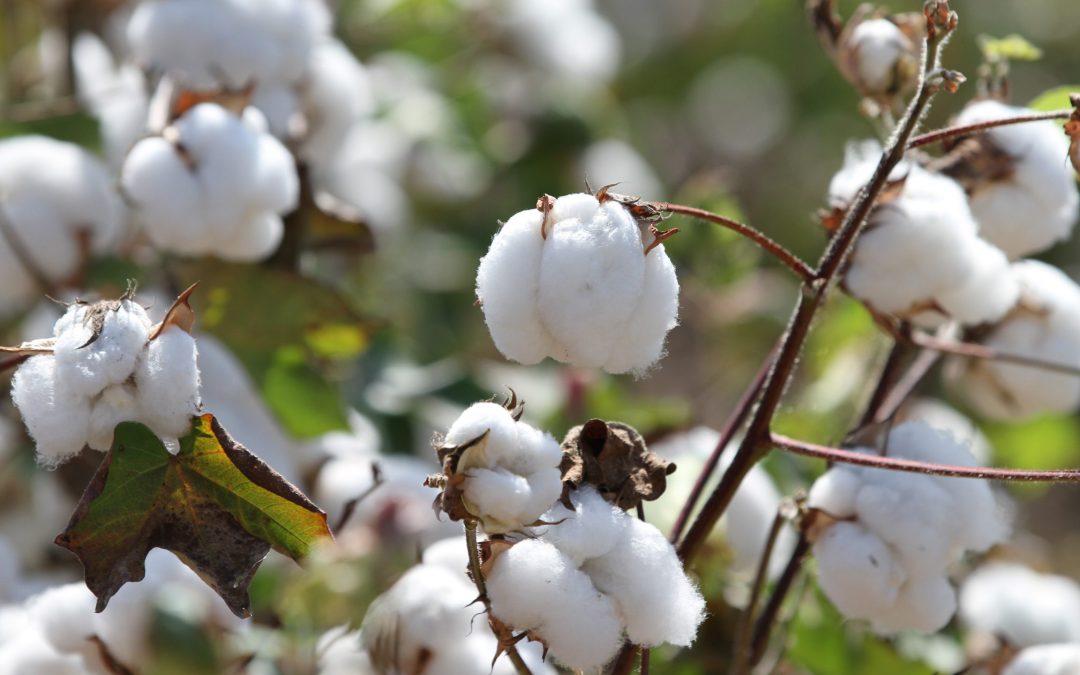
Soil scientist Audrey Gamble is working to improve sustainability of cotton production by improving soil microbial structure and function.

Kim Mullenix will serve as the next head of the Auburn University Department of Animal Sciences, effective Aug. 19.
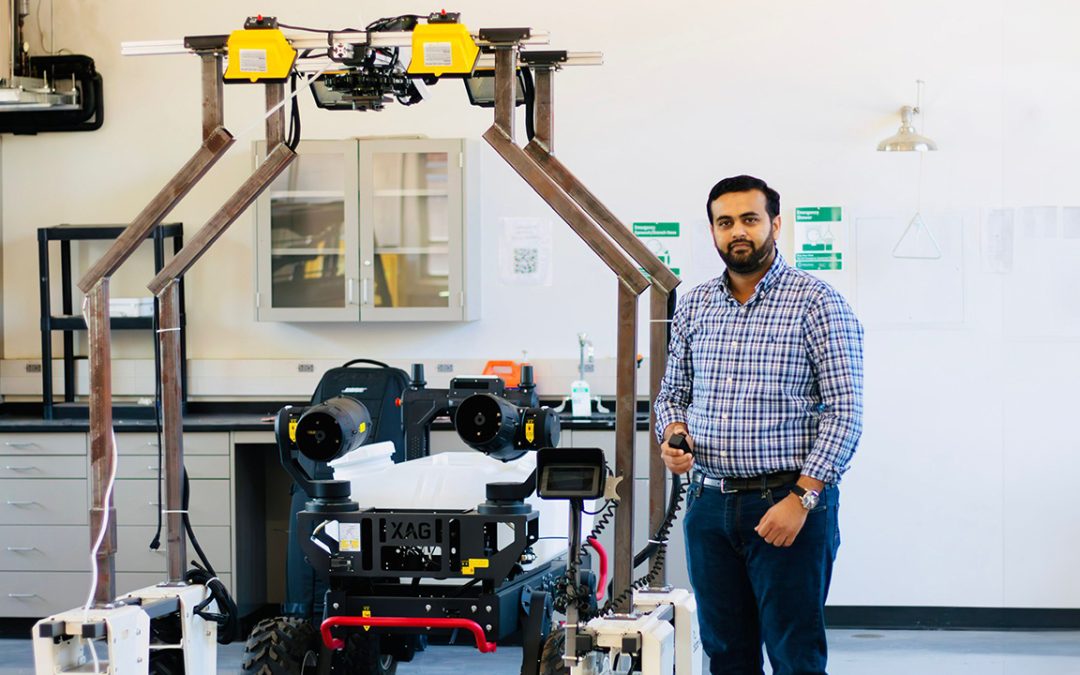
An AI-powered robot will be able to inventory thousands of plants while also collecting data on plant growth, pests and diseases.

Two College of Agriculture faculty members were announced among Auburn University’s five 2024 Alumni Professors Sept. 20. Eve Brantley, a professor and associate director of the Alabama Cooperative Extension System, is a renowned expert in water quality and...

The line from the classic musical “Oklahoma” that refers to corn being “as high as an elephant’s eye” would not apply to some of the new hybrids becoming available to producers. Reduced-stature corn, also referred to as “short” corn, is a concept that has gained...

Alabama blueberry farmers could soon start growing more frost-tolerant cultivars thanks to recent research at Auburn University. Most Alabama growers are still heavily relying on the native species rabbiteye (Vaccinium virgatum Ait), while producers in neighboring...

Several faculty and students in the College of Agriculture at Auburn University recently received national awards and recognitions. Read some highlights below. Beckmann receives NSF Career Award John Beckmann, assistant professor of medical-veterinary entomology and...

The Auburn University peanut breeding program has made significant strides in a surprisingly short amount of time, with one of its varietal releases now commanding 40-50% of the peanut acreage in Alabama.

John Beckmann, assistant professor of medical-veterinary entomology and biotechnology in the Auburn University College of Agriculture, recently received a National Science Foundation CAREER Award. Presented by the NSF Faculty Early Career Development Program, the...

Auburn University’s Kelly Homan and Katelyn Lawson have joined forces to assist the state of Alabama in the creation of its 2025 State Wildlife Action Plan (SWAP) revision.

Program made possible by $246,000 USDA-NIFA grant A College of Agriculture program for future leaders in the beef industry is entering its final academic year and taking stock of its impact. The highly selective National Needs Fellowship (NNF) prepared a dozen future...

Vaccine development made possible by $300,000 USDA-NIFA grant Largemouth bass producers may soon have a new vaccine for a common pathogen affecting the unusually death-prone fish species. Auburn University researchers are working to lower the fish’s near 80% mortality...

Jeremy Henderson Auburn University's Department of Biosystems Engineering (BSEN) was hard to miss at the 2024 American Society of Agricultural and Biological Engineers (ASABE) Annual International Meeting recently held in Anaheim, California. And hard to beat. Auburn...

As John Mahas prepared for a move to start postdoctoral research at Cornell University, he was still wrapping up research in the Auburn University lab where he earned his master’s and doctorate. It was here he focused his work on managing the emerging cotton leafroll dwarf virus (CLRDV) and its vector, the cotton aphid, Aphis gossypii. This research led to the publication of two peer-reviewed papers, one of which marked a first in the Southeastern United States.

Beef cattle producers across the state will gain valuable insight on how to overcome bottom-line sustainability challenges in the cattle business during the Auburn University Department of Animal Sciences’ 2024 Beef Cattle Conference, October 3-4. The conference...

Many farmers are raising a blue catfish and channel catfish hybrid, which makes up half of all catfish harvested in the U.S., so the problems surrounding their rapid growth are widespread. Both small- and large-scale farmers aim to harvest fish that are “market size,” between one and a quarter and four pounds. […]

Two soon-to-be alumni of the Auburn University College of Agriculture’s Department of Agricultural Economics & Rural Sociology received the highest honors the college can bestow upon graduates ahead of commencement ceremonies on Saturday, Aug. 3. Angela Touchette...

Blueberries, a superfood rich in antioxidants, vitamins, and essential nutrients, are widely celebrated during July for National Blueberry Month. Recognizing the potential within these small yet mighty fruits, researchers at Auburn University work to promote the positive health benefits of blueberries.

USDA-NIFA recently awarded a $650,000 grant to Rex Dunham to genetically improve the overall genotype and phenotype of both channel catfish and a hybrid between channel catfish females and blue catfish males. Dunham is a professor in the School of Fisheries,...

As the U.S. celebrates National Blueberry Month in July, researchers in the Auburn College of Agriculture and the Alabama Agricultural Experiment Station are looking for ways to boost blueberry production in the state by introducing more profitable cultivars for both field and protected cultivation.

Researchers at Auburn University aim to reduce U.S. greenhouse gas emissions due to agriculture by modifying one of the world’s largest voluntary conservation programs: the USDA’s 25-million-acre Conservation Reserve Program (CRP).

Soil scientist Audrey Gamble is working to improve sustainability of cotton production by improving soil microbial structure and function.

Kim Mullenix will serve as the next head of the Auburn University Department of Animal Sciences, effective Aug. 19.

An AI-powered robot will be able to inventory thousands of plants while also collecting data on plant growth, pests and diseases.